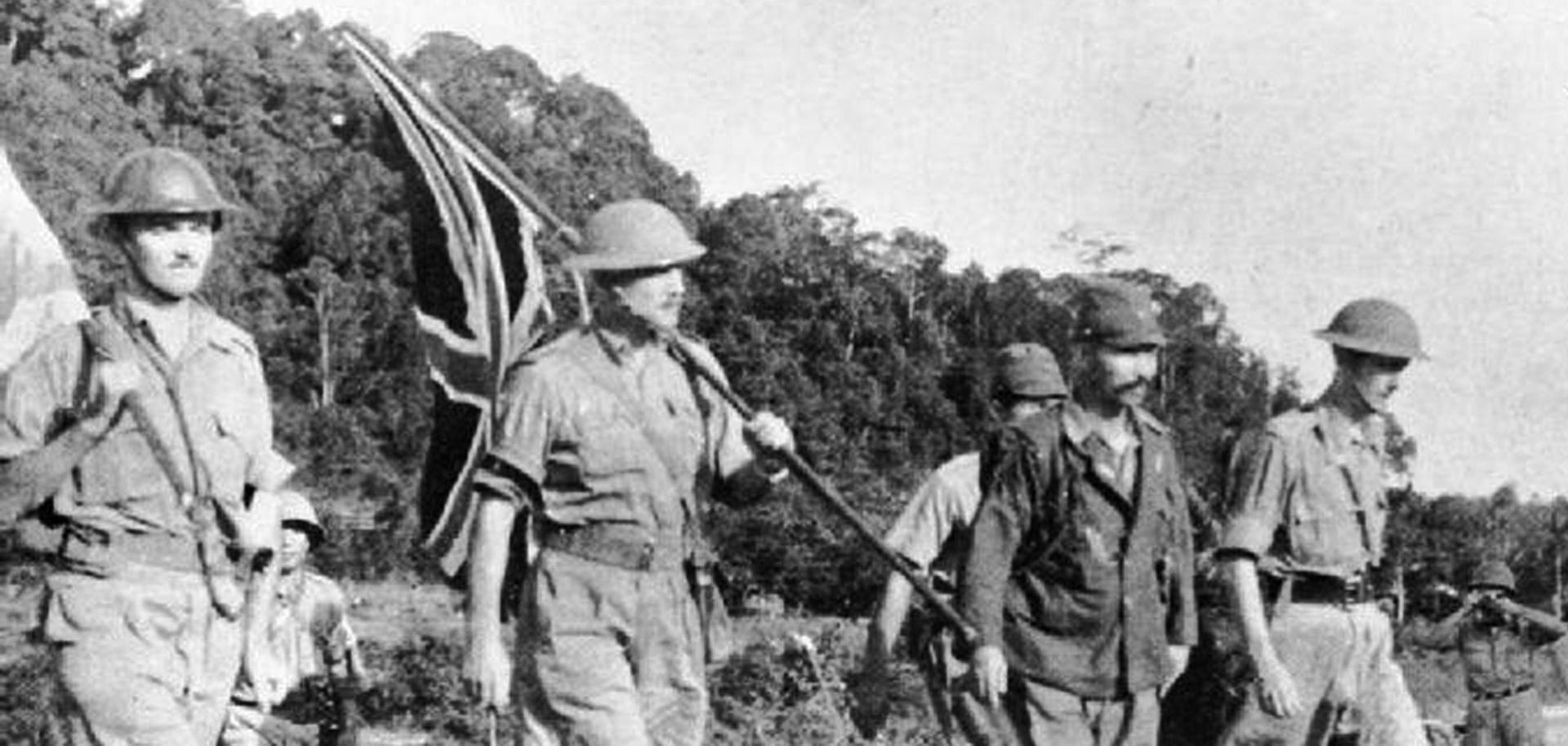On Jan. 31, 1942, Allied engineers blew a hole in the causeway linking the island city of Singapore to the Malay Peninsula, hoping to slow the advance of Japanese Imperial troops down the coastline. The blast resounded throughout the city. As the story goes, 19-year-old university student and future prime minister of Singapore Lee Kuan Yew was walking across campus at that moment. When his British headmaster, passing by, asked what the sound was, Lee responded, "That is the end of the British Empire."
Japanese troops landed on the beaches eight days later, and Singapore was hopelessly surrounded. On Feb. 15, British forces were forced to surrender. Before the astonishing defeat, the loss of Singapore was unthinkable for Britain. Winston Churchill had called Singapore the "Gibraltar of the East," an impregnable fortress at the heart of the empire. Japan's surprise victory shook that empire and marked the start of an epochal...


